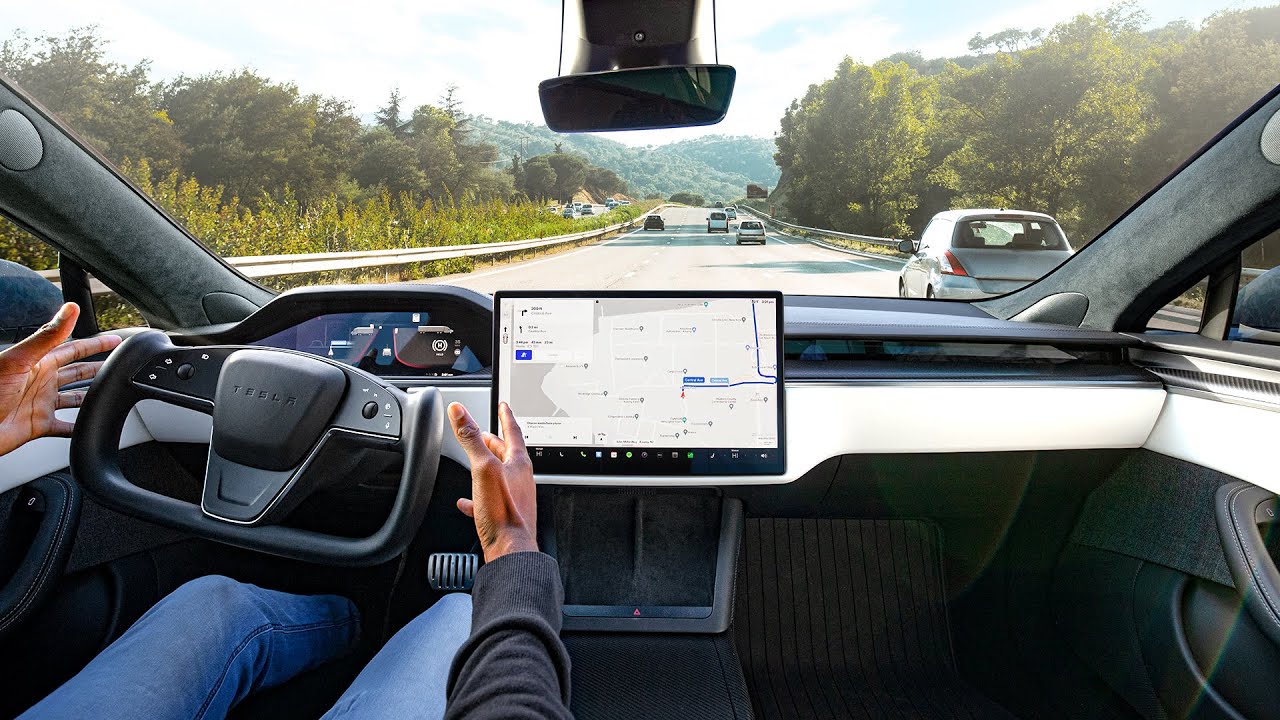During Tesla’s Q2 2022 earnings call, the company’s enigmatic CEO, Elon Musk, made a surprising announcement. He expressed a strong willingness to license Tesla’s self-driving technology to other automakers, an idea he has been vocal about in recent times. However, this time, he revealed that Tesla is actively engaged in early discussions with a significant Original Equipment Manufacturer (OEM) regarding licensing its Autopilot/Full Self-Driving package.
Elon Musk confirms Tesla is in ‘early’ talk to license self-driving tech to ‘major’ automaker https://t.co/LvTsvk4vf8 by @FredericLambert
— Electrek.co (@ElectrekCo) July 20, 2023
For those unfamiliar with the term, OEM refers to original equipment manufacturers, essentially the automakers themselves. The implications of this move are enormous, as it opens up new possibilities for the automotive industry’s future. Integrating Tesla’s self-driving technology into other automakers’ vehicles poses a monumental challenge, requiring the integration of Tesla’s self-driving computer and multiple cameras at precise angles all around each vehicle.
It’s important to note that Tesla’s approach to self-driving is distinct from that of most other automakers. While many rely on various sensors like lidar, Tesla sticks with a camera-based strategy. Additionally, most other automakers often follow a different path, dedicating separate vehicles to autonomy, like GM’s Cruise, while their consumer cars offer only level 2 or 3 autonomous features.
In contrast, Tesla’s vision is ambitious, aiming to achieve level 4 or 5 autonomy in consumer vehicles through software updates. However, up to this point, they have yet to fully deliver on this promise. Nevertheless, this bold move to potentially license their self-driving technology signifies a significant step towards reshaping the future of transportation.
The idea of Tesla’s self-driving technology in a variety of automakers’ vehicles opens up a world of possibilities. Imagine a future where different car brands integrate Tesla’s autonomous capabilities into their models, bringing safer and more advanced driving experiences to consumers worldwide. The potential for collaboration and innovation within the industry is immense.
In conclusion, Tesla’s willingness to license its self-driving technology to other automakers marks a pivotal moment in the race towards autonomy. While challenges undoubtedly lie ahead in integrating Tesla’s unique approach into diverse vehicle platforms, the move has the potential to revolutionize the automotive landscape and bring us closer to a future of autonomous driving.

